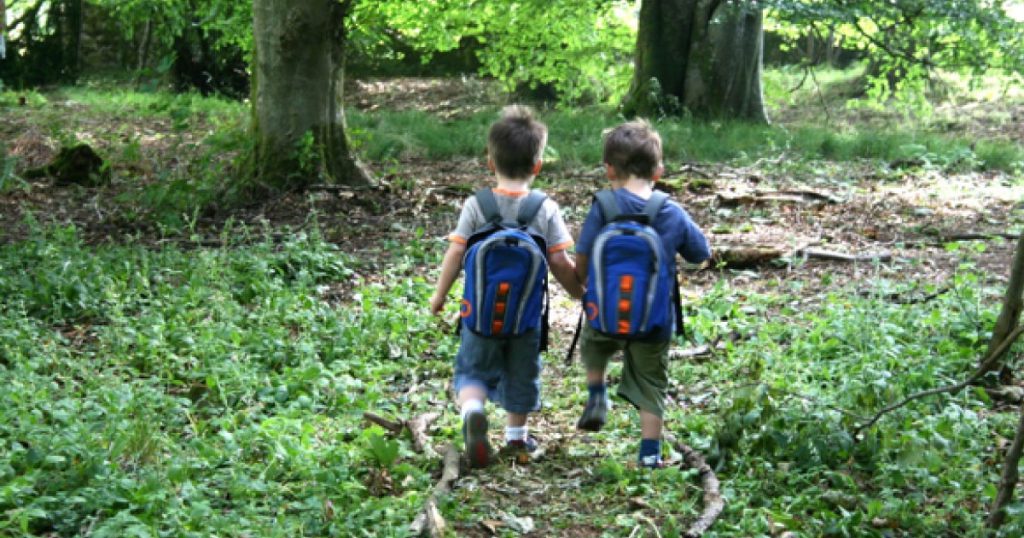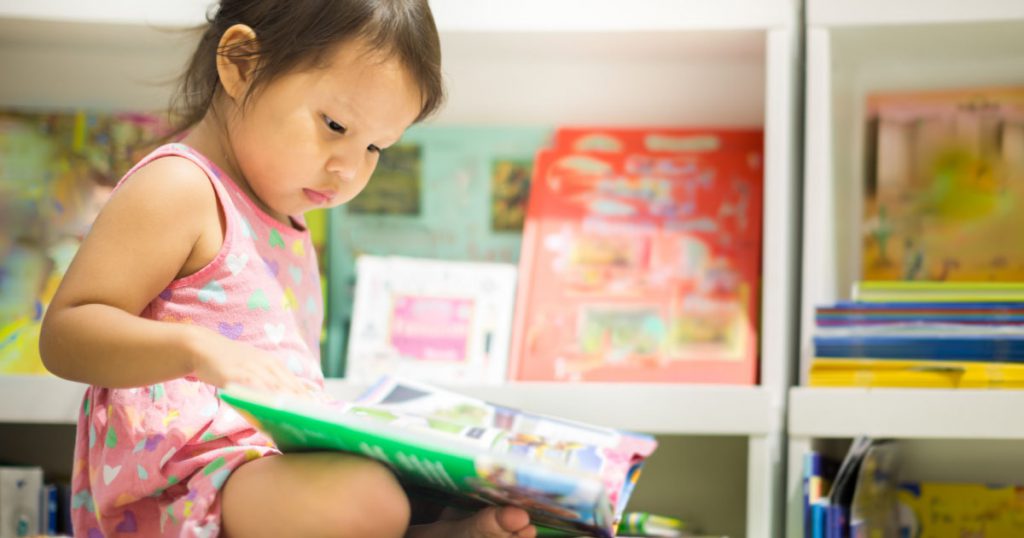‘Mesmerised. Excited. Engaged. Amazed.’
These were the words early childhood educator Kristy Edwards used to describe the childrens’ reaction at her early learning centre when they took part in their first Conceptual PlayWorld.
It was based on The Very Hungry Caterpillar, and after reading it, the children ventured out into their imaginary world. There they met Kristy, their own hungry caterpillar, and used B-Bot coding to help find her food.
Using imagination and play, Kristy introduced the idea of life cycles to the children.
‘The children were instantly mesmerised, and that level of excitement remained throughout the PlayWorld.’
It was a moment — and ten years in the making.
A Conceptual PlayWorld at Monash University is a play-based model of teaching STEM developed by Laureate Professor Marilyn Fleer which has recently started to offer free professional development (PD) for early childhood educators—like Kristy—who are keen to understand and implement the model.
By signing up, they are not only learning a new teaching method, which is proven to improve girls’ engagement in STEM, but they also support world-class research.
Research confirms how significant evidence-based and quality assured PD is for the early childhood sector. Studies have shown that educators want engaging, inspiring and directly relevant PD where there are opportunities for reflection.
Kristy agrees, ‘I’d absolutely recommend that you do the PD. You’ll take so much away in ideas, imagination and planning … It’s a lot of fun watching the children enjoy learning so much.’
Research also shows that early childhood educators prefer PD that is multimodal, offering opportunities for flexibility, tailored to specific settings, and gives choices. And that’s just why Fi from Sydney joined up. ‘I could do it remotely, and when it suited me. It grows your thinking around STEM and how we can really instill in students a sense of voice and agency in their learning. It is also incredibly fun and engaging for us, the educators, as well as the students!”
We know that ongoing engagement with new models of practice needs support. When bringing innovations into practice the PlayLab has set up a closed FaceBook group for educators, where they can share ideas and ask questions.
In Fi’s Conceptual PlayWorld of The snail and the whale by Julia Donaldson, she shared how children meet the problem of the whale being beached. Helping the whale brought engineering concepts into the classroom.
For too long, many PD programs have forgotten to show what the new practices look like for infants and toddlers. But that wasn’t the case for Cecilia who primarily works with infants and toddlers. She says, ‘It’s inspiring to get involved in research and know that you’re a part of something that is trying to improve the way that our youngest children learn’. And it’s why she chose the book Possum in the House by Kiersten Jensen to create an imaginary situation of the naughty possum going all over the centre. ‘The infants and toddlers became possums, but they also learned about possum habitats and how we could help the possum in the story find a more suitable place to live.’
The Monash PlayLab team has also created a fully remote PD, designed for family day care (FDC) educators.
Lyn, the FDC coordinator says, ‘We had a fully remote Zoom PD designed just for our FDC educators—the storyteller read and later told the story of Rosie’s Walk by Pat Hutchins. Over four 30 minute sessions, the children met problems that they had to solve and be in character, sharing chicken walking actions, and more!’
Stephanie, one of the FDC educators said she can’t wait for the next time they meet, ‘The early childhood educators learn how to build a world-class STEM PlayWorld and the childrens’ learning from this teaching model is so rich. It is a great way to embed key concepts and share the direction of learning. It is a lot of fun too’.
Lyn thinks so too. ‘I have been explaining to others the simplicity of the steps to create this world of wonder and exploration and you don’t have to supply anything special, or drastically change your program. Just be with the children in the PlayWorld.’
You can meet the Conceptual PlayWorld STEM champions, Kristy, Fi, Cecilia, Stephanie, and their advocate Lyn on the website as well as find a treasure trove of resources for educators.
And if you would like to take part, all you have to do is find your favourite children’s book and sign up for the online PD. It is free and can be done from anywhere in Australia or around the world.






